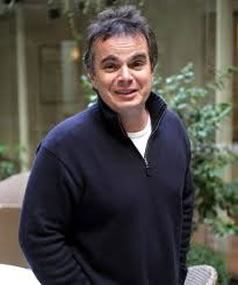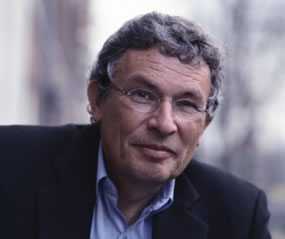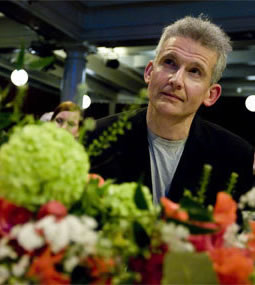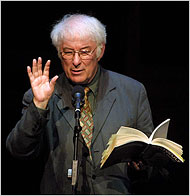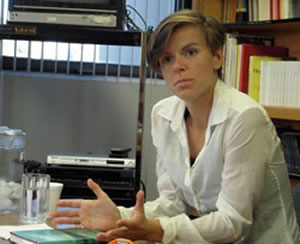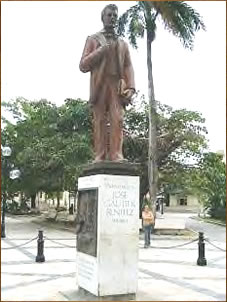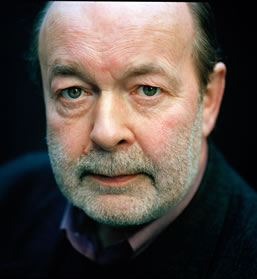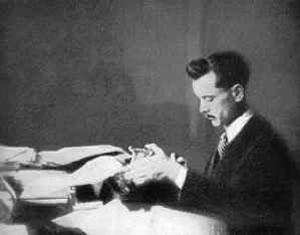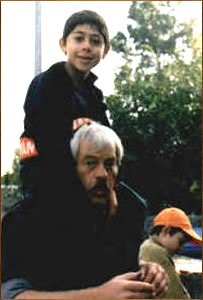De Zwitserse dichter en schrijver Roman Graf werd geboren geboren op 14 april 1978 in Winterthur, Zwitserland. Hij voltooide een opleiding tot boswachter, werkte met gehandicapten op een school en als journalist. Daarnaast studeerde hij Media / Journalistiek aan de Hogeschool voor Toegepaste Taalkunde (SAL) in Zürich en behaalde hij een diploma aan het Deutsche Literaturinstitut Leipzig. Hij leidde een workshop schrijven voor studenten germanistiek in Osijek, Kroatië. Tegenwoordig is hij als freelance schrijver woonachtig in Leipzig en Winterthur. In 2009 verscheen zijn debuutroman Herr Blanc. Zie
ook mijn blog van 18 april 2010.
GEBURTSTAG
Stand am Waldrandweg.
Nachmittagszögern. Das Ziehen
Der Elster, scheinheilig leise.
Heute keine Vögel, die nicht fliegen,
Kein Frühlingsraub. Laub hängt noch
(Der Tod ein Alter); dutzende Meter
Breit fließt erntebringende Elster.
Der Mann (ein Freund?) steht unbeschränkt,
Sein Finger sinkt, das Wehr geöffnet, ganz.
Freigelegt der Ufersand,
Sinkt die Opfernehmende.
Kein Vogel fliegt, keine Kinder-
Seele. Fest stand ich. Kein Geburts-
Tagskind.
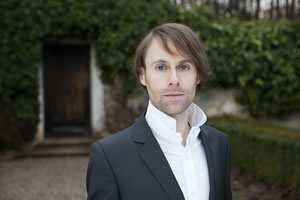
Roman Graf (Winterthur, 14 april 1978)

